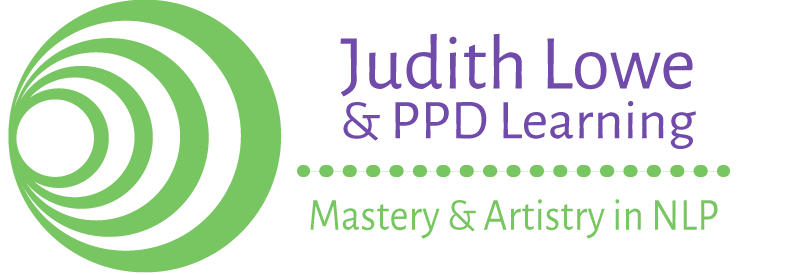NLP Eye Accessing, The Pseudo-Science Stuff.. with the Olympics thrown in
’m somewhat wearily engaging in the current Richard Wiseman NLP Eye Cues research debate.
Ridiculous really, as his position that he has ‘debunked’ a major claim of NLP is based on zero reality. In fact his research on lying is, somewhat ironically , itself based on a lie!
No-one of any credibility in the field makes this claim… terrifically good blogs from Andy Smith and Reg Connolly.
Since then a bit of same-old, same-old … is NLP a science or a scam? Shock horror etc.
Here’s one of my contributions….
So much of all the debate over whether or not NLP is a science or not has been actually overtaken by modern scientific research.
There’s overwhelming, scientific evidence that we construct and reconstruct our reality.
There’s no doubt whatsoever that we have perceptual biases and that they determine our choices and actions. The research is in from cognitive linguistics for decades about the perceptual impact of language and framing.
A lot of the Meta-model patterns of logic are covered in the research from CBT for example. All the EQ and mindfulness research confirms the scientific basis for learning to change state and the positive benefits of doing so. Mirror-neurones appear to validate matching, mirroring for rapport, modelling etc
The fields of heuristics, behavioural economics, learning, memory, perception, biofeedback and other contemporary approaches to patterning human behaviour all seem to be in accord with the principles of how we work in NLP.
In NLP we are not offering magical thinking and using social persuasion for people to believe dodgy stuff. There isn’t really an argument to be had – it’s a non-controversy.
NLP uses what is provable and credible to create tools and a skills training, to apply in practical ways, what are now known as reasonable and tested theories of learning and change.
Eye accessing cues is probably the only contentious area as it takes time and training to know what sort of patterns someone is offering you and what to make of them. It’s not a button-pushing ‘read-the-robot’ kind of thing.
It’s always so strange to me that anyone still thinks NLP is controversial in any way. The practical tools are everywhere being used.
No-one would ask the Olympic athletes not to explore the structure of high performance – focus on their goals, transform limiting beliefs, optimise their state etc. Yet somehow if it’s part of NLP it’s some kind of weird scam.
NLP tools and approaches are widely used because actually they are entirely sane and reasonable ways of enhancing communication, learning, creativity, relationship and performance.
The issues in our field are more about the quality of the training and the skills development of people who have only attended the very short taster courses and/or the people who are using patterns of persuasion for egoistic, commercial reasons. But hey, so do some politicians, preachers, entertainers etc NLP didn’t invent this.
I appreciate that there are people with NLP training who make some wild claims and do some unpleasant things. This does not invalidate NLP itself as a respectable and innovative field of study.
NLP has brought into the world an exceptionally elegant approach to being able to acquire learning and skill.
It’s such a shame that we continue to get bogged down in all these ridiculous non-arguments about being a cult, a scam, a pseudo-science etc
